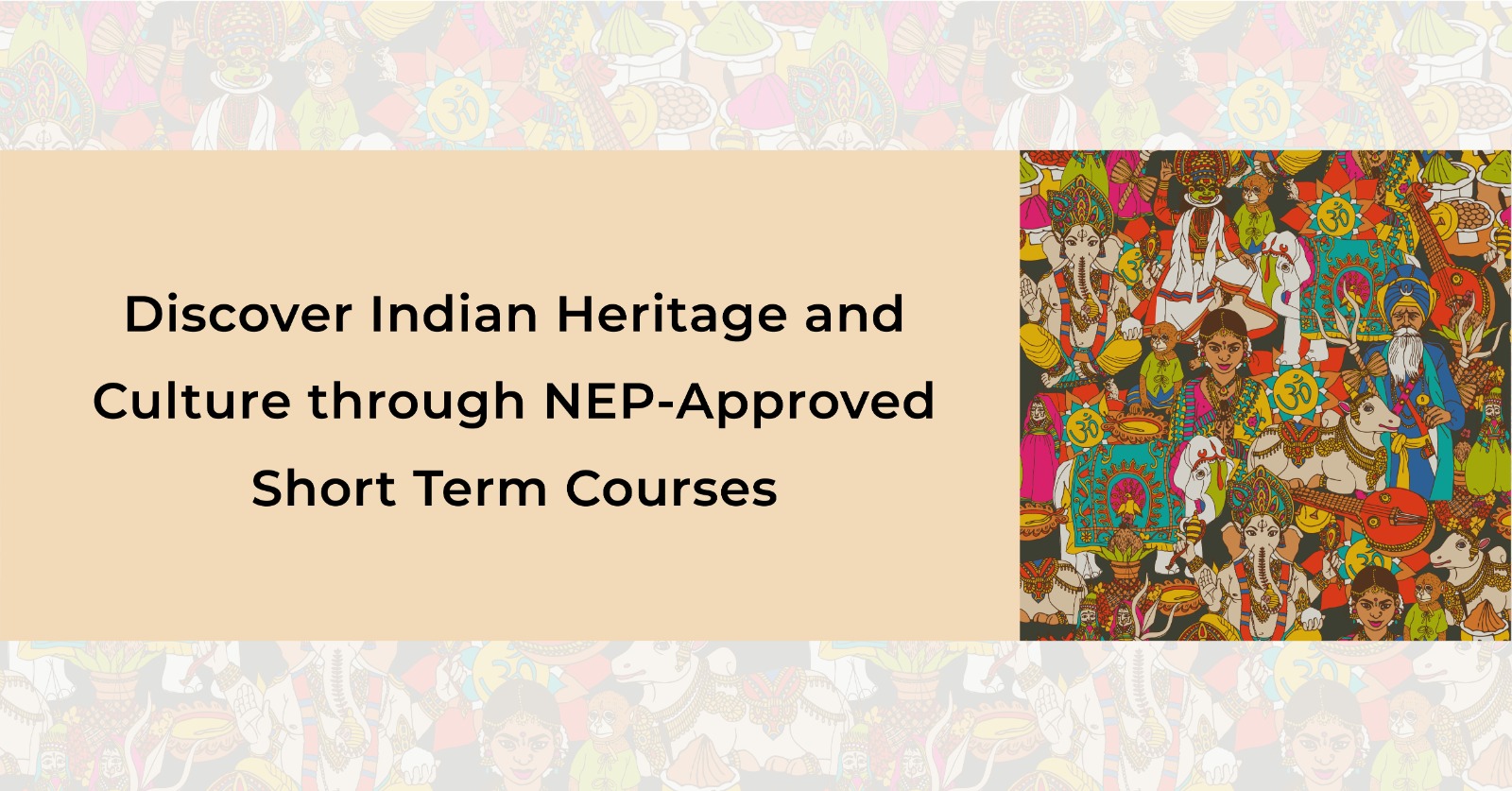
Table of Contents
India is a land of rich heritage and culture, and the University Grants Commission (UGC) has proposed introducing courses that showcase this diversity to attract international students. The UGC has issued draft guidelines for higher educational institutions to offer short-term modular programs on various aspects of Indian culture, including Vedic mathematics, yoga, ayurveda, Sanskrit, Indian literature, sculpture, music, dance forms, and more.
These programs will be credit-based and multi-tiered, allowing participants to enter and exit at various stages. The course offerings will encompass a wide range of topics, such as Universal Human Values, Vedic Maths, Yoga, Ayurveda, Sanskrit, Indian Languages, various religious sites and monuments located in the Indian subcontinent, Indian Literature, Indian Sculpture, Indian Music and Dance Forms, Drama, Visual Arts, Performing Arts, Crafts and Craftsmanship, Inscriptions, Rituals, Cultural Heritage, and the Indian Knowledge System, among others.
Different teaching-learning mediums and techniques will be used to maximise student engagement and enhance the learning experience. They are:
The course can be completely designed by the HEI as per UGC guidelines. For example, under Indian Music and Dance Forms, a course on Sopana Sangeetham, a music form unique to Kerala, can be offered by a college in Kerala, as it would be giving this music its due recognition.Course curricula can include its origins, history, artists, instruments, traditions, and rules, including all these teaching-learning methods.
Faculty members of various Departments will be roped in to teach this kind of multi and transdisciplinary programmes. The libraries, institutions and experts of the relevant disciplines are to be included in the excursion.
The guidelines also state that these courses will be taught by faculty members from various departments and that the excursion will include libraries, institutions, and experts from relevant disciplines.
Individuals with an interest in Indian heritage and knowledge systems from different countries are eligible to enrol in courses aimed at acquiring such knowledge. The concerned University/Institution offering these courses may specify particular eligibility criteria.
The courses will be offered at three levels: introductory, intermediate, and advanced, and eligibility criteria will be established by the university or institution offering the courses. With a hybrid mode of learning, each program is set to have 60 hours, and the respective institutions will have to create the curriculum.
Credits obtained through these programs will be acknowledged through the credit transfer system by any Higher Educational Institution (HEI) with relevant modifications via the Academic Bank of Credit (ABC). The credits can be accumulated or redeemed towards academic certification as per the UGC guidelines. However, the HEIs will decide the required credits, educational components, and learning outcomes at the necessary level.
Upon completing each level of the course successfully, learners will receive certificates specified by the Higher Educational Institutions. These certificates will be provided in digital format through the National Academic Depository (NAD) of the Government of India.
The UGC’s move to introduce courses on Indian heritage and culture is in line with the National Education Policy 2020, which emphasises the importance of Indian knowledge systems and culture. Institutions like Delhi University have already started offering courses on Vedic mathematics, ethics, and values in ancient Indian traditions, yoga, ayurveda, and nutrition, among others.
By offering such programs, India hopes to showcase its rich cultural heritage to the world and attract international students who are interested in learning about it. This initiative is also expected to help bridge the gap between the Indian education system and the rest of the world.
Gauhati University recently made significant strides towards enhancing the quality of Higher Education across the North East region by signing a Memorandum of Understanding (MOU) with IPSR Solutions Limited. This significant agreement designates Gauhati University as a mentor in Outcome Based Education (OBE) for Higher Educational Institutions (HEIs) throughout the region. Through this MOU, IPSR […]
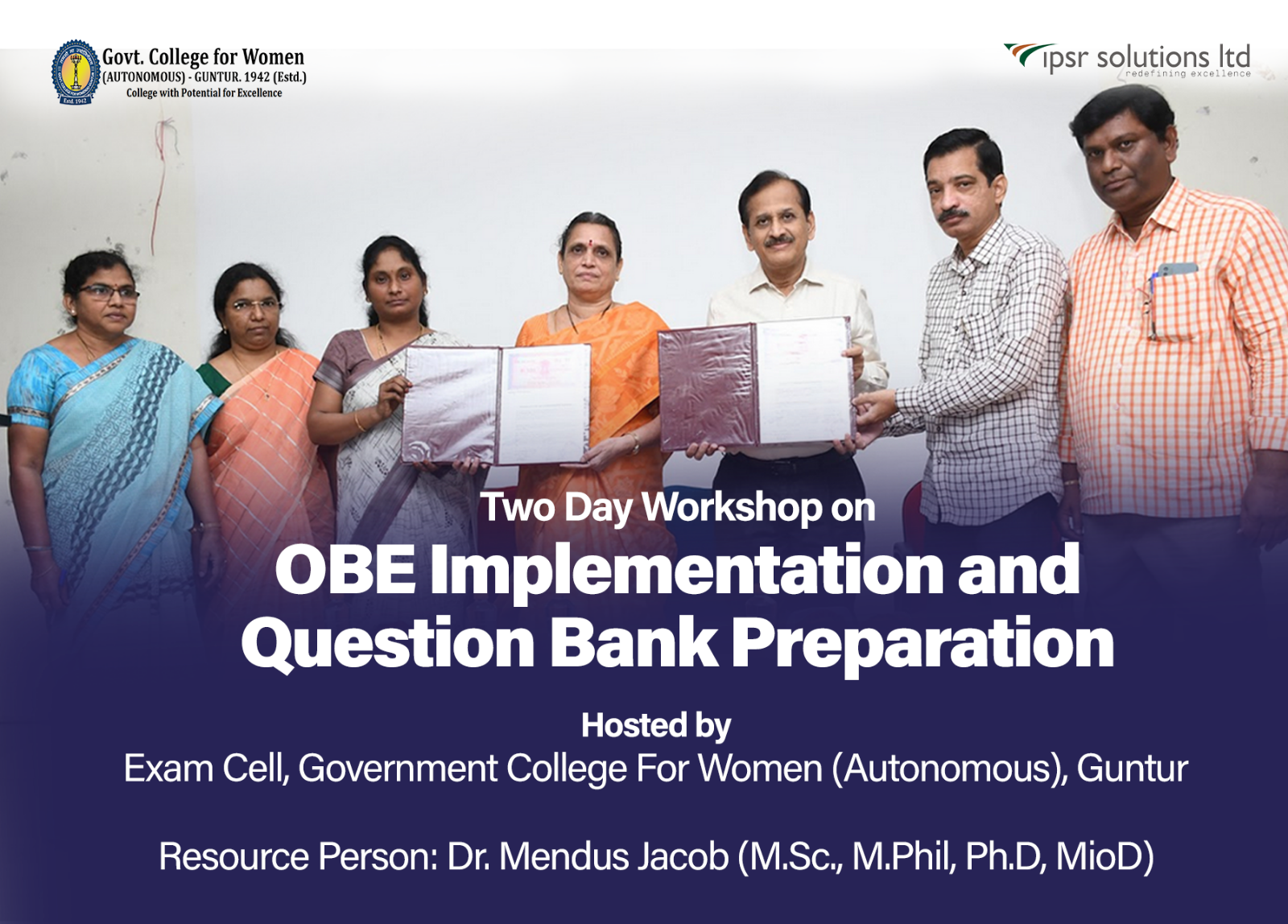
In a remarkable stride towards enhancing educational practices, Government College for Women Autonomous, Guntur, Andhra Pradesh, commenced on an enlightening two-day workshop on Outcome-Based Education (OBE) Implementation and Question Bank Preparation. Held on February 6th and 7th, 2024, this initiative was a collaborative effort with ipsr solutions limited, the recent OBE (Outcome-Based Education) workshop held […]
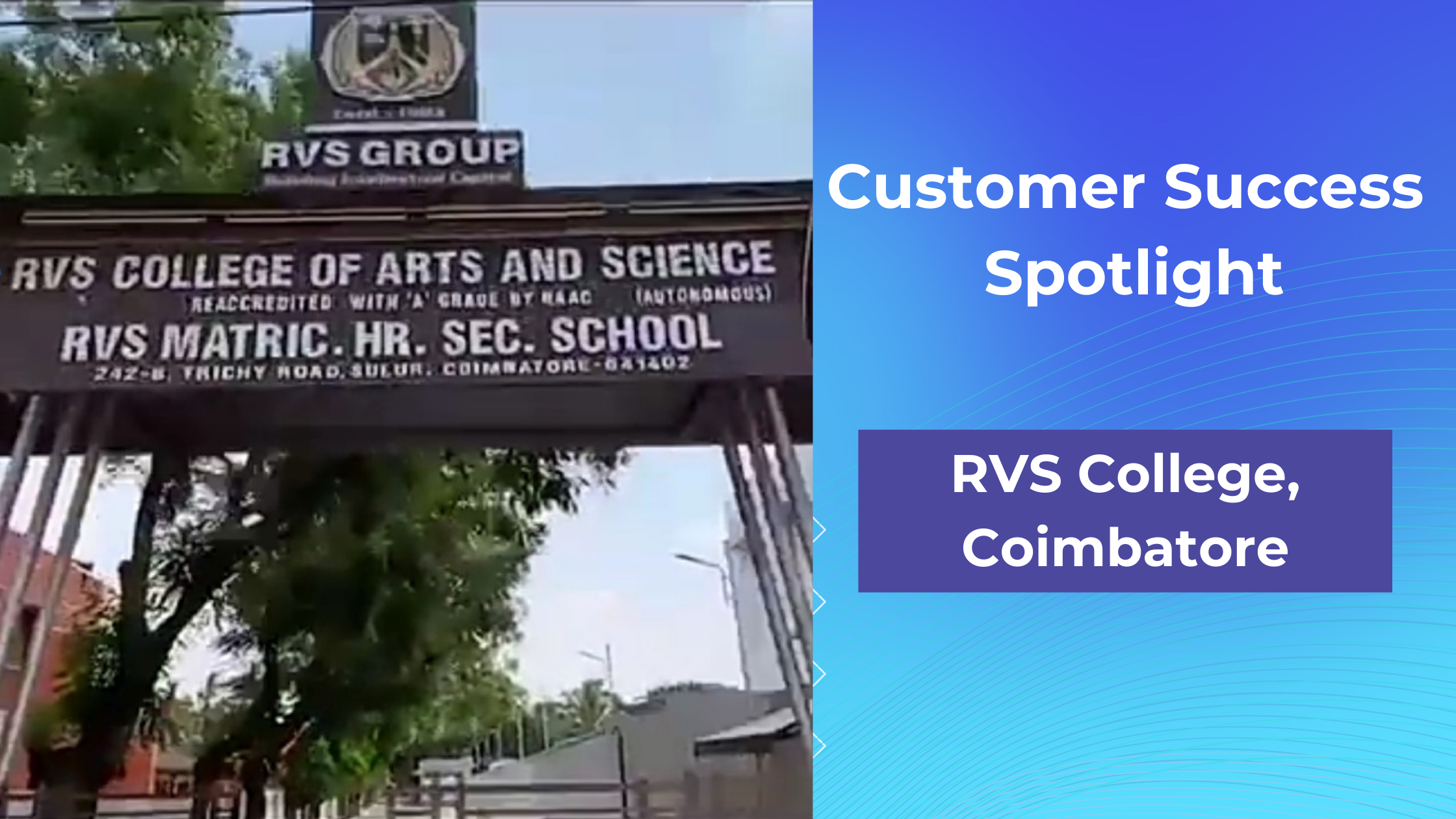
A journey begins. In 2019, just before the pandemic started, we were contacted by RVS College regarding OBE implementation. That’s how our relationship with our latest QnSmart i customer began. Our deep expertise, our research insights, and our dedication and focus on helping colleges and universities get geared for today’s education landscape convinced RVS College […]
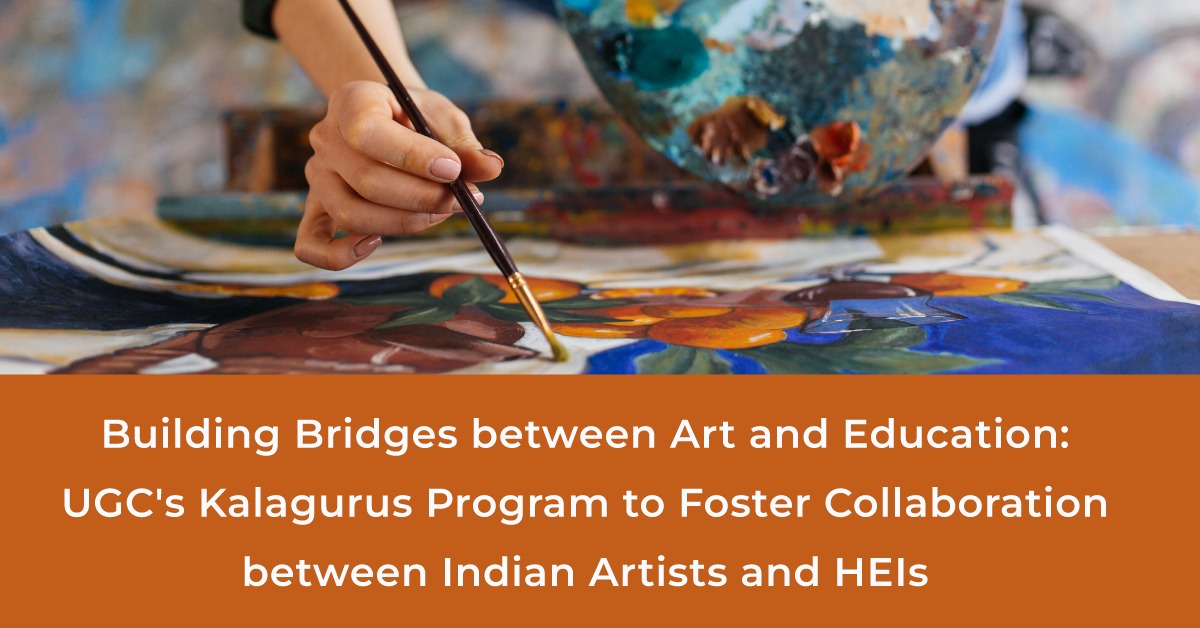
UGC promotes inclusion of Indian Artists and Artisans in Indian HEIs as ‘Kalagurus’ The University Grants Commission (UGC) has recently proposed a draft regulation that will appoint local artists and artisans in colleges and universities. This initiative aligns with the National Education Policy 2020‘s goal of bridging the gap between higher education and the arts. […]
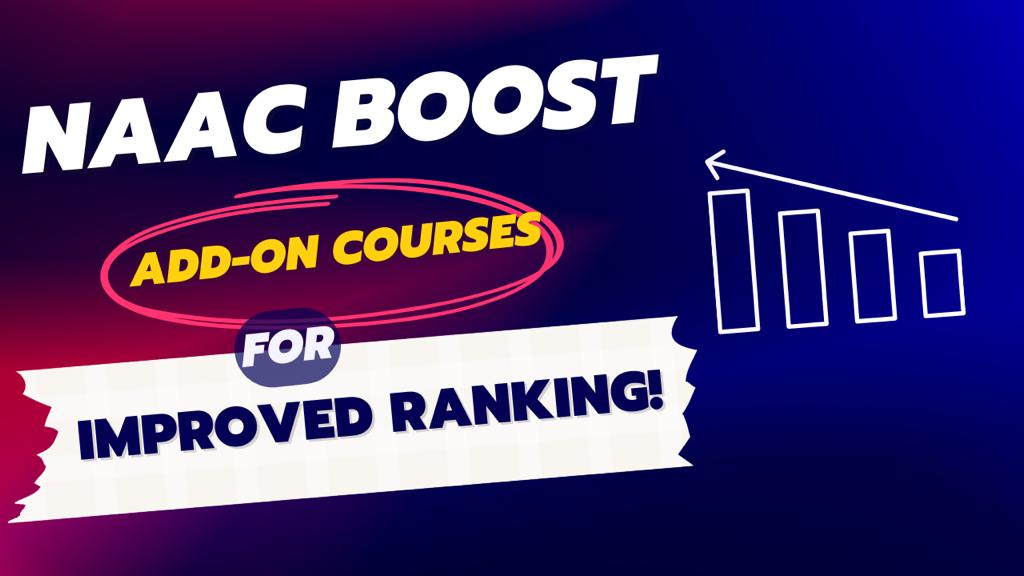
Add-on courses are short-term training programs that are designed to supplement the core curriculum of a degree program. These courses are usually offered as certificate or diploma courses, and they provide students with additional skills and knowledge that are relevant to their field of study. Add-on Courses and the New Curriculum Framework The hallmark of […]
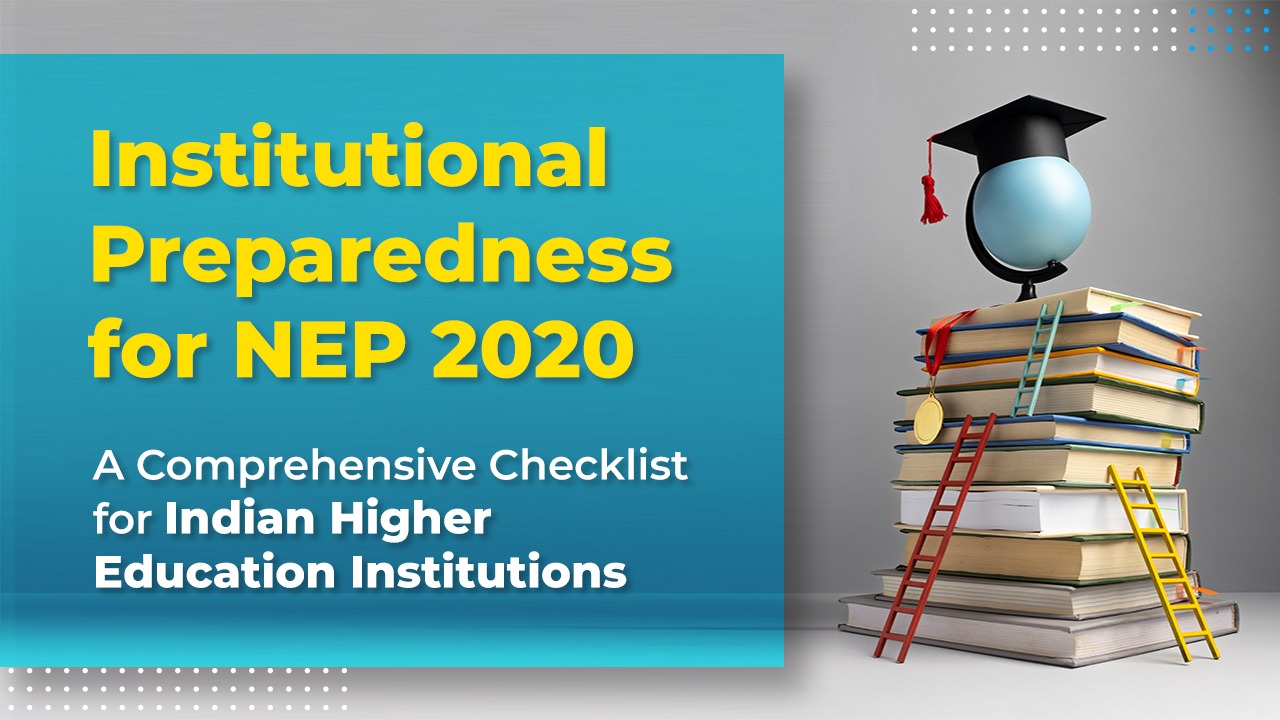
As per the National Education Policy 2020, higher education in India is poised for a transformational change. All Indian HEIs will be expected to achieve a number of milestones to ensure they are fully prepared for the rollout of NEP 2020. This is also a requirement for Accreditation. When trying to get your institution ready […]
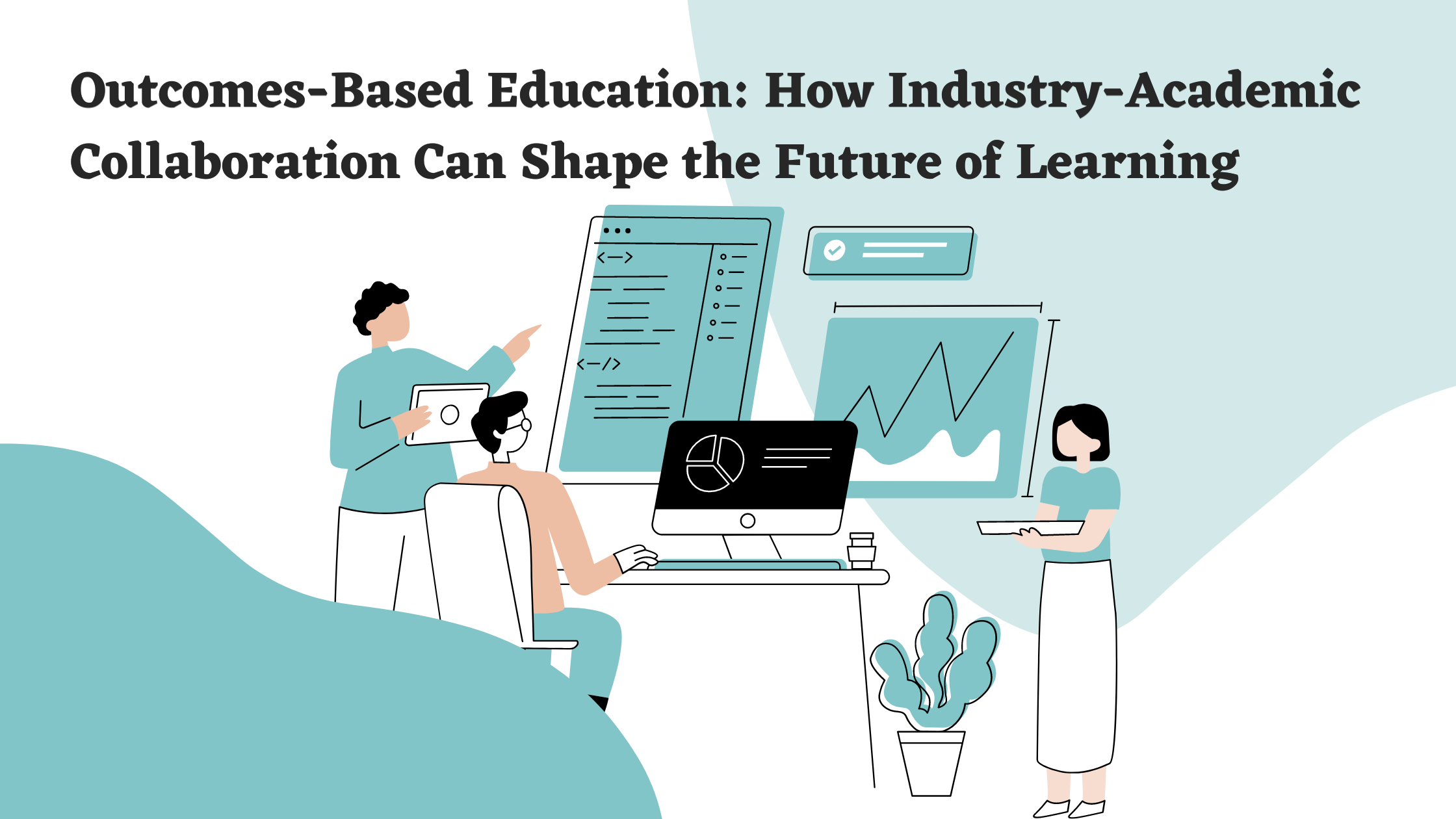
By collaborating with the industry, Higher Education Institutions will be able to easily overcome curricular challenges in terms of preparing students for employability and aligning with NEP goals. One of the best ways for HEIs to keep their graduating students ahead of the employability curve is to foster effective industry-academic partnerships. Students will gain access […]
Red Hat Academy (RHA) is a Free Academic partnership from Red Hat, the American multinational software company and the world’s leading provider of enterprise open source solutions. Red Hat Academy provides a curriculum to help education institutions keep pace with the demands of the industry. The curriculum involves hands-on instruction across the platform, middleware, and […]
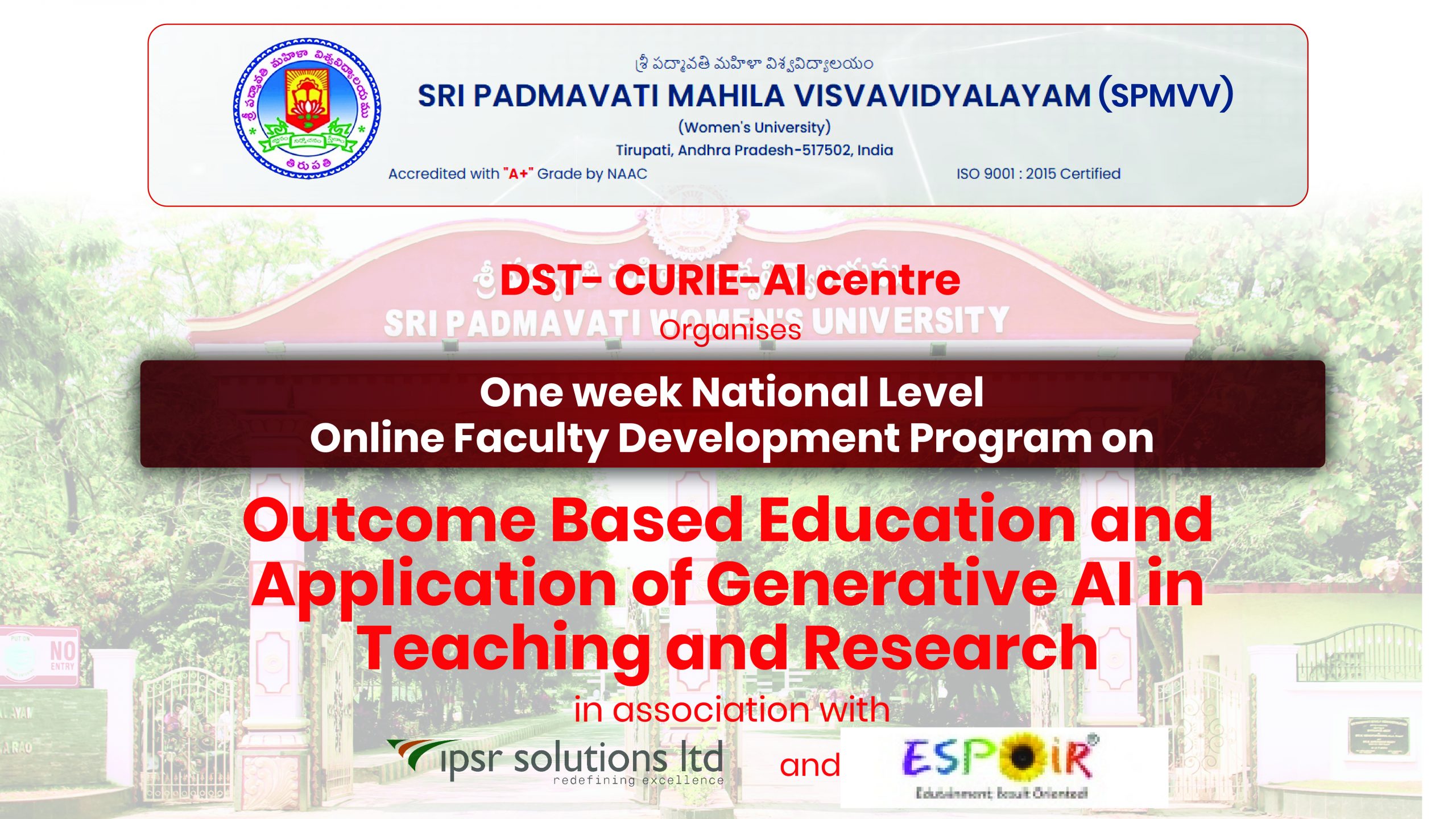
Highlights of the FDP: The resource persons for the seven-day sessions were Dr Sunil Job KA, Dr Suresh Namboothiri, and Dr Thomas Varghese. Programme sessions are delivered through synchronous-asynchronous hybrid mode. Live webinars steered the Inaugural session and streamed through multiple channels. Hands-on Activities through LMS provide an enriched learning experience. 1509 Participants and 593 […]
Copyright @ 2025  ipsr solutions limited. All rights reserved
ipsr solutions limited. All rights reserved